
The Pope immediately noted in his homily, which he gave in Spanish, that compassion is “one of the virtues, so to speak, one of the attributes of God”. Luke speaks about this in the Gospel passage of the day’s Liturgy (14:1-6). God, the Pope explained, “has compassion; he has compassion for all of us; he has compassion for humanity and sent his Son to heal, to regenerate, to recreate and to renew it”. This is why, the Pontiff continued, “it is interesting that in the parable of the Prodigal Son, which we are all familiar with, it says that when the father — the image of God who forgives — sees his son arrive, he shows compassion”.
“God’s compassion is not pity: the two things have nothing to do with each other”, the Pope advised. In fact, “I can feel sorry for a little dog who is dying, or about a situation”. And “I can feel sorry for a person: I feel sorry, I’m sorry that this is happening”. Instead, “God’s compassion is to place himself in the difficulty, to put himself in the situation of the other, with his Fatherly heart”, and “this is why he sent his Son”.
“Jesus’ compassion appears in the Gospel”, Pope Francis continued, recalling how “Jesus healed people, but was not a medicine man”. Rather, Jesus “healed people as a sign — in addition to truly healing them — he healed as a sign of God’s compassion, in order to save, in order bring the lost sheep back to its fold”, and to return “the woman’s lost coins to her purse”, the Pope added, referring to Gospel parables.
“God feels compassion”, the Pontiff said. He “presents his Fatherly heart to us, he presents his heart to each of us”. Indeed, not as a judicial officer who might read a file and say: ‘yes, this person can be released for lack of evidence…’”. God forgives us “from within, he forgives because he has placed himself in that person’s heart”.
Francis went on to recall that “when Jesus has to present himself at the synagogue in Nazareth for the first time, and they give him the book to read, the words of the prophet Isaiah come to him: “I was sent to bring the good news, to those who are oppressed’”. The Pope explained the significance of these words, “that Jesus was sent by the Father to be placed within each of us, freeing us from our sins, from our wickedness, and to bring ‘the good news’”. “God’s message” is in fact “happy”.
This too is the mission of every priest: “To be moved, to be engaged in people’s lives, because a priest is a minister, like Jesus is a minister”. However, the Pontiff added, “how often — and we must go to confession for this — have we criticized those priests who are not interested in what happens to their parishioners, who do not concern themselves with them: ‘No, he is not a good priest’ we have said”. Because “a good priest is one who is committed”, like Cardinal Javier Lozano Barragán has been for 60 years, despite his health issues. Cardinal Barragán, Archbishop-Bishop Emeritus of Zacatecas, Mexico, and president emeritus of the Pontifical Council for Pastoral Assistance to Health Care Workers, was present at the mass along with 90 Mexican faithful. Pope Francis directly addressed the Cardinal with special affection on the anniversary of his priestly ordination, which took place 20 October 1955.
In offering his best wishes to the Cardinal, and thanking God for his service, especially towards those who are suffering, the Pope again took the opportunity to highlight the essential profile of this priest, who is recognized primarily by his ability to take care of people, first in the parish and then also as a bishop, involved with a dicastery of the Roman Curia. Barragán’s 60 years of priestly life, the Pope said, have certainly held an abundance of encounter, of meeting people’s problems, of listening and forgiveness, always at the service of the Church.

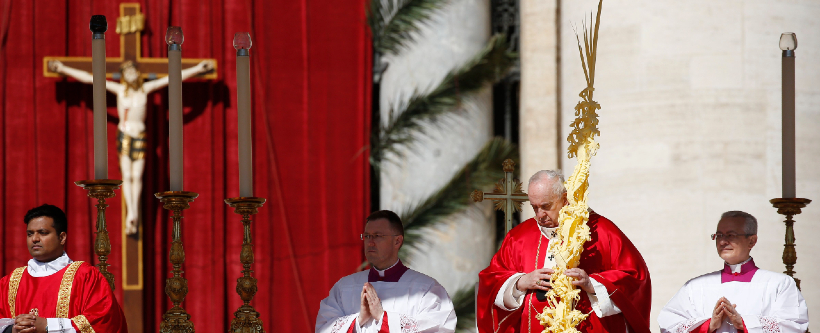
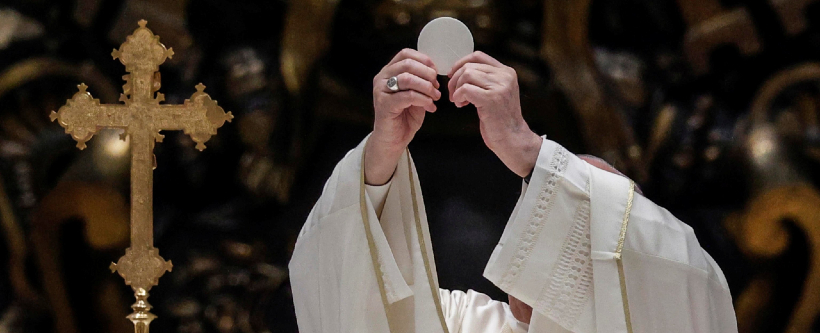
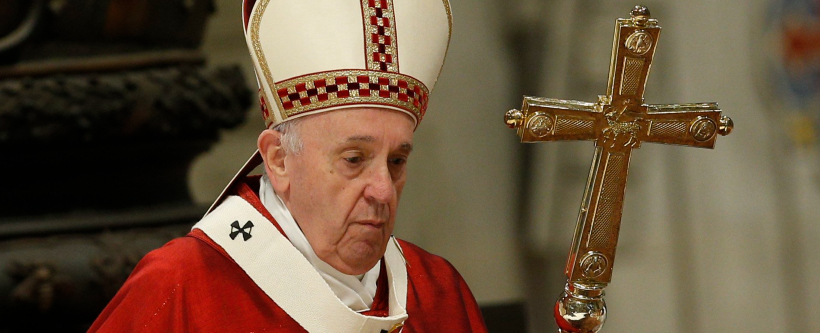
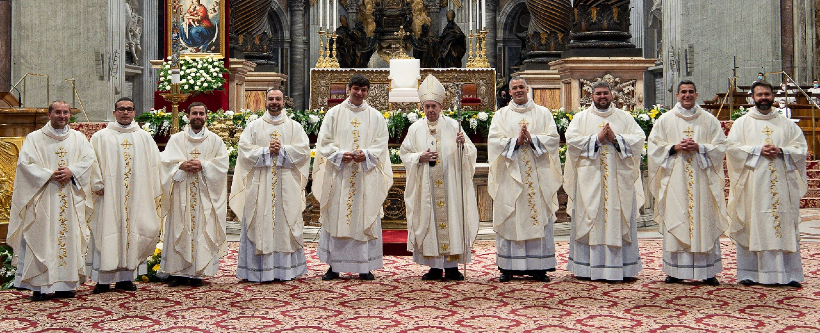
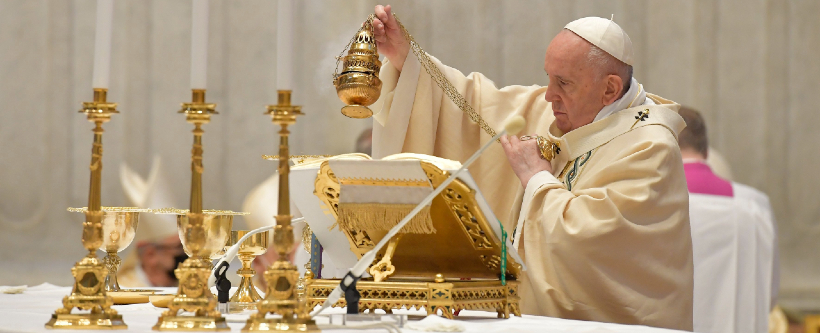
Facebook Comments